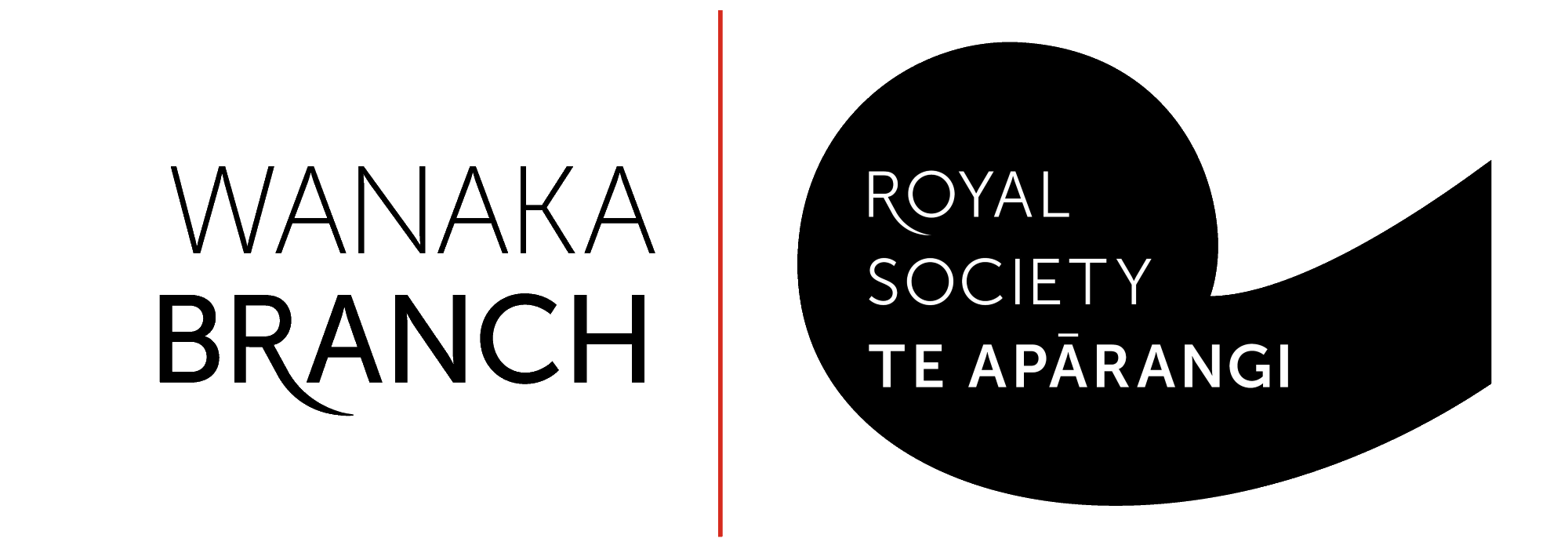
- This event has passed.
STUDYING PHAGE-BACTERIUM INTERACTIONS IS A TREASURE TROVE FOR POSSIBLE APPLICATIONS
October 27, 2023 @ 6:00 pm - 7:00 pm
$5All cellular organisms in the world are vulnerable to infection by viruses. We have seen this impact our lives in the past few years with the coronavirus pandemic. Bacteria are also infected by their own viruses, which are known as bacteriophages (phages) – Greek for “bacteria eaters”. These phages are the most abundant biological entities on the planet and have been engaging in an “arms race” with their bacterial hosts for billions of years. This arms race has led to evolutionary innovation in both the bacteria – to resist the phages – and in the phages to overcome resistant bacteria. This extensive testing ground of biological innovation provides researchers with the opportunity to develop tools of immense biotechnological potential. Peter Fineran will highlight some of his research team’s work in this area and provide examples of how this phage-bacterium interface is leading to practical applications in agriculture and healthcare. Peter is a professor in Otago’s Department of Microbiology and Immunology. He has received many awards, most recently an Alexander von Humboldt Experienced Research Fellowship, and he is the only New Zealander to receive the Fleming Prize from the UK’s Microbiology Society.

